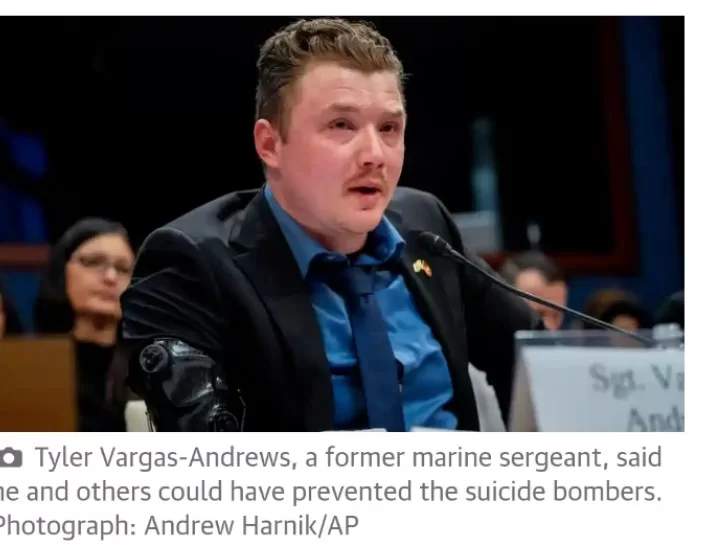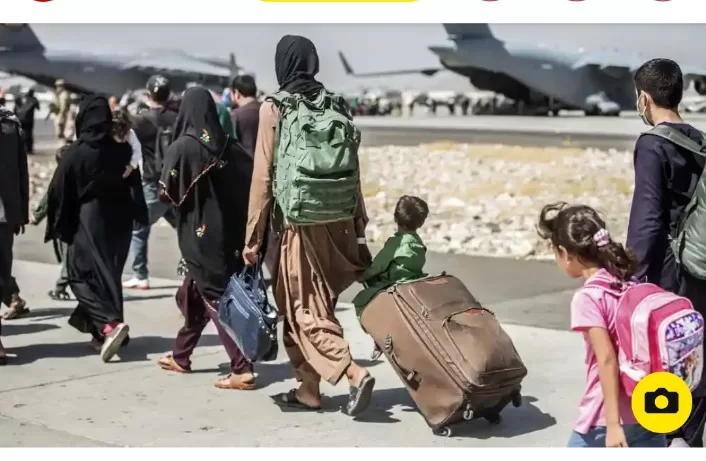WASHINGTON, D.C. – Amid persistent criticism regarding the handling of the deadly suicide bombing at Kabul airport during the chaotic US withdrawal from Afghanistan in 2021, the Pentagon’s Central Command has issued orders for the interviews of approximately two dozen more service members who were present at the scene. This move aims to ascertain whether there is new or divergent information from those who were not included in the initial investigation.
The directive, executed by General Erik Kurilla, the head of US Central Command, comes partly in response to claims made by at least one injured service member from the blast. This individual contended that they were never interviewed about the incident and suggested that their knowledge might have enabled them to thwart the attackers.
It’s crucial to clarify that these interviews do not reopen the administration’s previous inquiry into the bombing and the subsequent withdrawal. However, they are expected to fuel the ongoing criticism in Congress, particularly from Republican lawmakers, who argue that the Biden administration mishandled both the investigation and the withdrawal process.
Families of the victims, as well as those injured in the attack, have expressed dissatisfaction with what they perceive as insufficient transparency from the Pentagon regarding the bombing, which claimed the lives of 170 Afghans and 13 US service members.
In November 2021, US Central Command’s investigation concluded that given the deteriorating security situation at the Abbey Gate of the airport, where desperate Afghans were clamoring to flee, “the attack was not preventable at the tactical level without degrading the mission to maximize the number of evacuees.” The Pentagon further asserted that there was no prior identification of a potential attacker or any requests to modify the rules of engagement governing the use of force by US troops.
The forthcoming interviews primarily target service members severely wounded in the Abbey Gate bombing, many of whom were swiftly evacuated from Afghanistan for medical treatment. Although these interviews are expected to constitute the majority, there is potential for further interviews based on initial discussions.

Family members of those affected by the tragedy, as well as members of Congress, have begun receiving information about these interviews. Lieutenant General Patrick Frank, the head of Army Central Command, oversees the interview team, led by Army Brigadier General Lance Curtis. General Kurilla has requested an update on the progress within 90 days.
One poignant moment during a congressional hearing in March involved Tyler Vargas-Andrews, a former marine sergeant, who emotionally testified that he and others could have prevented the suicide bombers. He recounted that marines and other personnel involved in the evacuation had received descriptions of individuals suspected of planning an attack before it occurred.
According to Vargas-Andrews, he and his colleagues had spotted two individuals matching the descriptions, behaving suspiciously, and eventually had them in their rifle scopes. However, they received no guidance on whether to take action, and consequently, the attack unfolded without any preventive measures.
The March hearing primarily aimed to assess the Biden administration’s management of the withdrawal from Afghanistan. The rapid takeover of Kabul by Taliban forces, far surpassing US intelligence predictions, triggered a frenzied evacuation operation at the airport, involving US troops.
In April, the Biden administration attributed blame for the tumultuous withdrawal to former President Donald Trump, asserting that President Biden had been “severely constrained” by decisions made during the preceding administration. The analysis acknowledged the need for an earlier commencement of the evacuation but shifted responsibility for delays to the Afghan government, military, as well as assessments from the US military and intelligence communities.
A review by John Sopko, the US inspector general for Afghanistan, concluded that actions taken by both the Trump and Biden administrations played a pivotal role in the abrupt collapse of the Afghan government and military, preceding the full withdrawal of US forces in August 2021.
Source,AP







